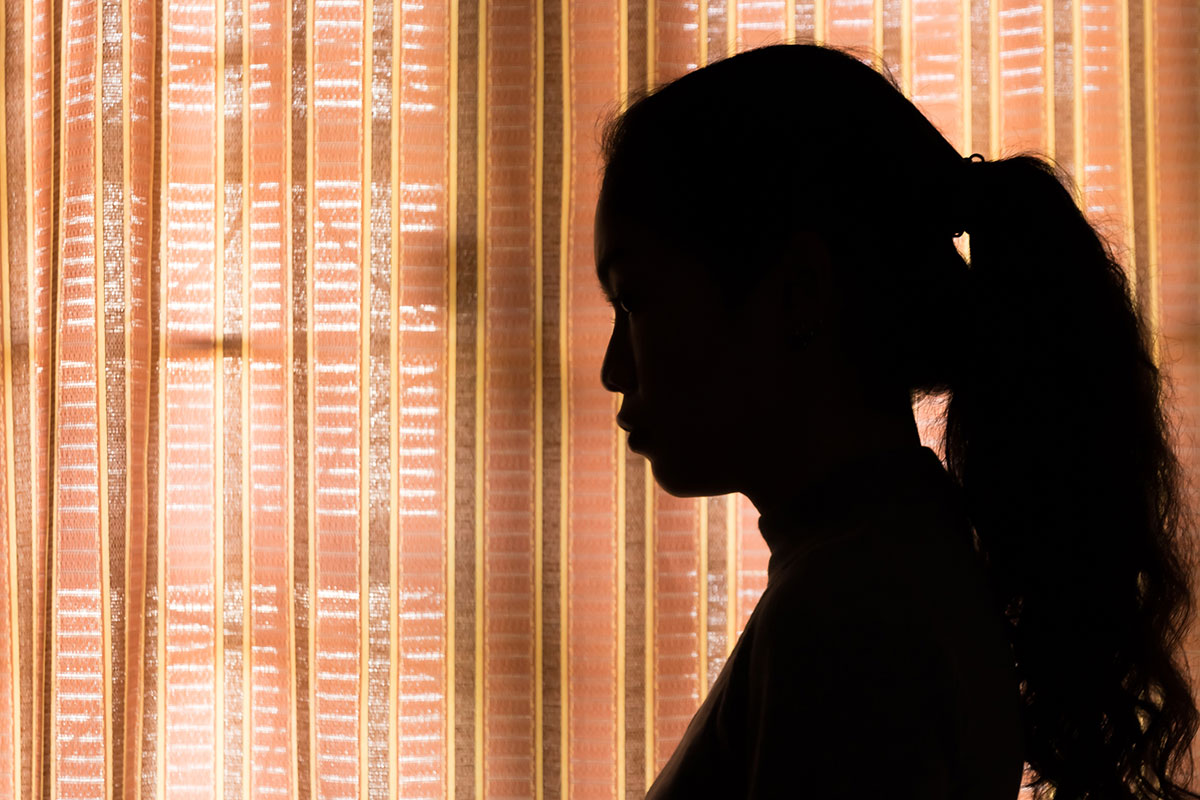Two recent high-profile suicide deaths of men who worked with those at-risk for suicide highlights the increased suicide rate for those who provide services and care.
The importance or raising awareness in September, National Suicide Prevention Month, is highlighted by the deaths of Gregory Eells, the executive director of counseling and psychological services at the University of Pennsylvania, and Jarrid Wilson, a popular pastor known for his work in mental health advocacy. Both died by suicide during the second week in September.
Jennifer Ferrand, clinical psychologist and program manager at the Institute of Living, said suicide is a public health crisis.
“It is the 10th-leading cause of death in the United States, and the 12th-leading cause of death in Connecticut,” she said. “Every day there are approximately 129 deaths by suicide.”
Men are more than three times as likely to die by suicide. She said, unlike many other causes of death, suicide is a largely preventable tragedy.
“There is no one cause of suicide,” Ferrand said. “Suicide typically happens due to the build-up of many social and psychological risk factors and stressors that can cause hopelessness and despair.”
She said it is important to honor those who have died by suicide and to let people know how they can get help. The Behavioral Health Network has adopted a Zero Suicide initiative, a philosophy of care and a set of tools supported by the Action Alliance and the Substance Abuse and Mental Health Services Administration to help healthcare systems reduce suicide among people in care.
Wilson was a popular pastor known for his work in mental health advocacy at a Southern California megachurch. He joined the church as an associate pastor last year and was outspoken about mental health. Wilson and his wife, Juli, founded an outreach called Anthem of Hope designed to help people dealing with depression and suicidal thoughts. He is survived by his wife and two young sons.
“Jarrid also repeatedly dealt with depression and was very open about his ongoing struggles,” said Senior Pastor Greg Laurie with Harvest Christian Fellowship Church. “He wanted to especially help those who were dealing with suicidal thoughts.”
Eells had recently become head of the counseling and psychological services at Penn within the last six months. According to NBC News, the college was dealing with an increased demand in mental health resources after at least 14 student deaths by suicide since 2013.
Counselors, healthcare providers, police officers and firefighters need to be aware of the signs of depression and stress in their own lives and seek help if needed.
Ferrand said in the past year the Behavioral Health Network has made progress in developing better screening and assessment procedures, making sure the environment of care is safe, and reaching out proactively to people when they leave care or don’t make it to appointments.
“In the next few years, we hope to strengthen these processes and develop new ways to reduce suicide risk,” she said. “We also plan to continue working with our community partners to ensure that we’re all speaking a universal language about suicide risk, and that people aren’t falling through the cracks in a disjointed system of care.”
For more information on mental health services offered at the Institute of Living, click here.

